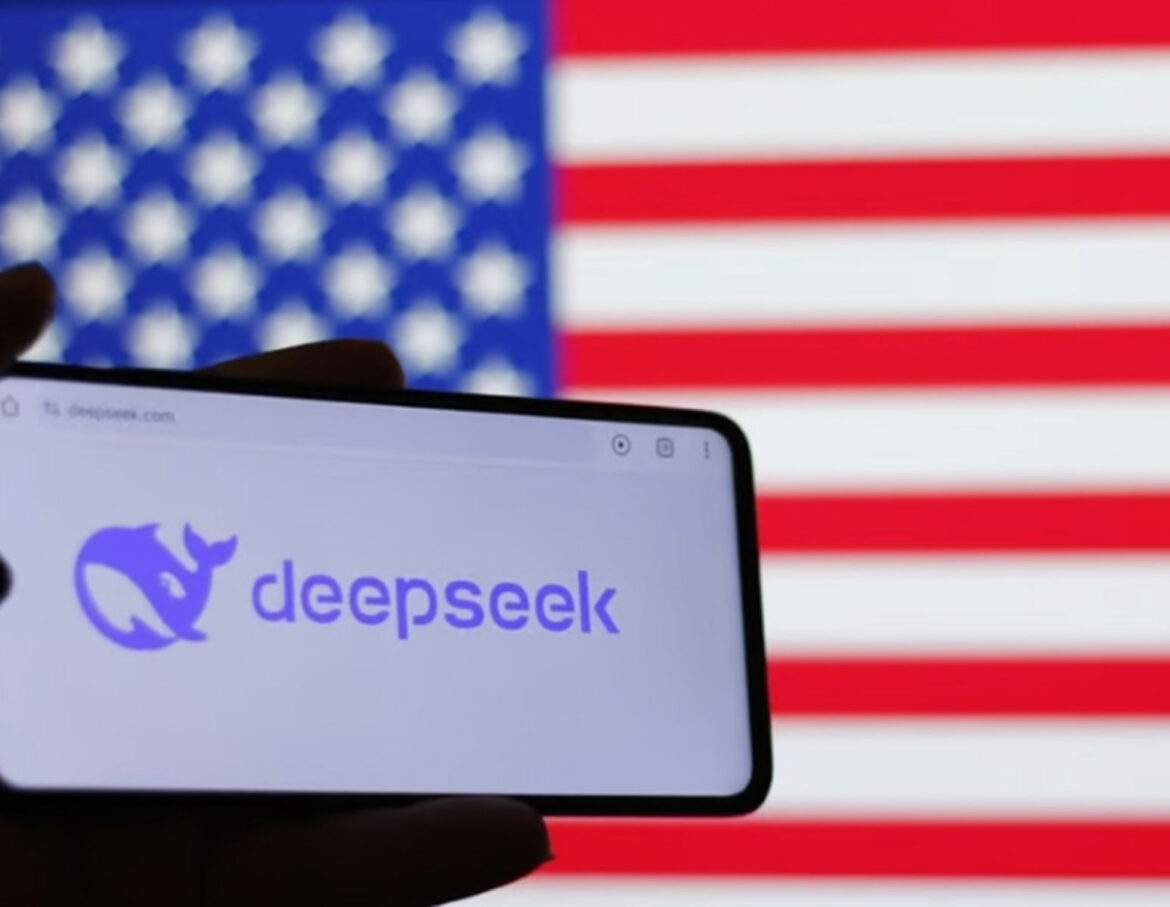A bipartisan group of US lawmakers introduced a bill on Thursday seeking to ban the Chinese artificial intelligence (AI) program DeepSeek from being used on government devices, citing concerns over data security and national security threats.
The bill, led by Representative Josh Gottheimer (D-NJ) and Darin LaHood (R-IL), follows a new report by Feroot Security, a US cybersecurity firm, which alleged that DeepSeek contains hidden code capable of transmitting user data to China Mobile, a state-owned telecom company.
“A Direct Threat to National Security”
Gottheimer warned that DeepSeek has “direct ties” to the Chinese government and poses an alarming threat to US national security.
“The Chinese Communist Party has made it abundantly clear that it will exploit any tool at its disposal to undermine our national security, spew harmful disinformation, and collect data on Americans,” Gottheimer said in a statement.
LaHood echoed these concerns, calling DeepSeek a “CCP-affiliated company” and stating that “under no circumstances” should it have access to sensitive government or personal data.
Growing Global Concerns Over DeepSeek
DeepSeek, a Chinese AI startup, disrupted the global AI industry last month with the launch of its advanced, low-cost chatbot, challenging US dominance in artificial intelligence. However, its rapid rise has triggered security concerns worldwide.
- South Korea’s government ministries and police have begun blocking DeepSeek on official devices after the company failed to respond to data privacy inquiries.
- Australia has already banned DeepSeek from all government devices, following security agency recommendations.
- France and Italy have also expressed concerns over how DeepSeek handles user data.
DeepSeek Faces Scrutiny Alongside TikTok
The proposed ban on DeepSeek comes amid a broader crackdown on Chinese technology in the US. The video-sharing app TikTok is currently facing a law that would force it to divest from its Chinese owner, ByteDance, or be banned in the country.
The DeepSeek bill is expected to ignite further debate in Washington about China’s influence over emerging technologies and their potential risks to US security.



